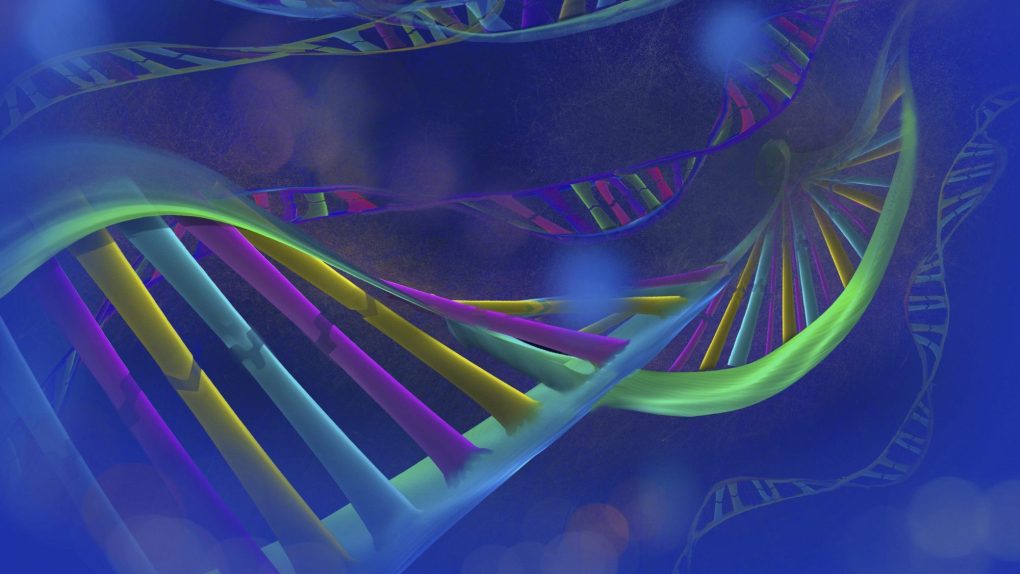The relentless march of time will eventually claim all of our lives — or at least that’s the reality we’ve all come to expect. Short of finding the mythical Fountain of Youth, there’s not much any of us can do about getting older, but new drug trials suggest that might eventually change, and the results have shocked even the scientists who were conducting the experiments.
A study recently published in Aging Cell reveals that a specific regimen of growth hormones and medications shows promise in actually reversing a person’s biological age. The research was conducted on a very small scale, with just nine adults participating and no control group, but the findings are nonetheless exciting.
For a full year, the tiny group of volunteers stuck with a strict drug routine that included the growth hormone and a pair of drugs commonly used to treat diabetes. Their biological ages — which is a measurement of the changes in a person’s genetics over time and is commonly used to determine the age of a person’s body in comparison to chronological age — were tracked for comparison.
After the experiment was over, the biological ages of the individuals were determined to be approximately 1.5 years younger than when they started a year prior, meaning that they were actually 2.5 years younger than they would have been by the time the trials were over. The decrease in biological age persisted for six months after the participants finished the trials.
“I’d expected to see slowing down of the clock, but not a reversal,” geneticist Steve Horvath, who participated in the research, said in a statement. “That felt kind of futuristic.”
The results are obviously significant, but it’s worth repeating just how small this study really was. No firm judgment should be made about the efficacy of a treatment like this with such a tiny sample size, and that’s something the researchers emphasize repeatedly in their paper. Still, it’s an exciting finding and certainly warrants additional investigation.








